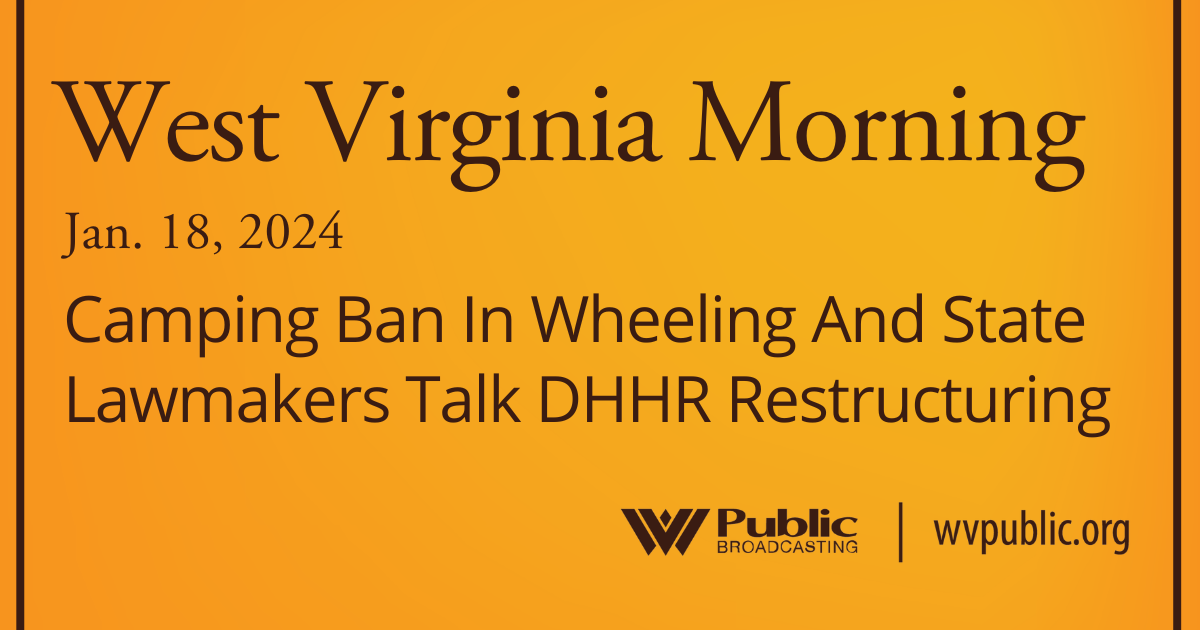Ongoing court cases involving West Virginia’s corrections and foster care agencies have raised concerns on retaining state agency emails as litigation evidence. Lawmakers are now getting responses in their attempt to ensure that needed emails are not lost.
Ongoing court cases involving West Virginia’s corrections and foster care agencies have raised concerns on retaining state agency emails as litigation evidence. Lawmakers are now getting responses in their attempt to ensure that needed emails are not lost.
A federal, class-action lawsuit filed in 2019 regarding the state’s foster care system has plaintiffs seeking sanctions. The case includes allegations of deleting emails of former state officials with the state Department of Health and Human Resources.
During recent legislative interim meetings, Del. Amy Summers, R-Taylor, the House Health and Human Resources Committee chair, questioned the incoming secretary of the Department of Health and Human Services, Cynthia Persily. Summers noted that Persily said department leaders were unaware of Office of Technology policies regarding email preservation.
“Secretary Persily said they did not know that the Office of Technology had a policy to dump out accounts once people left, ” Summers said. “That makes me assume that [former] DHHR Secretary Bill Crouch, [former] Interim DHHR Secretary Jeff Coben, and [former] DHHR Deputy Secretary Jeramiah Samples emails have all been purged.”
Since that period, lawmakers have divided DHHR into three cabinet agencies, beginning in June 2024.
Persily responded that the department is working closely with the Office of Technology to establish protocols to ensure nothing like this happens again. Summers asked the chair of the House Technology and Infrastructure Committee, Del. Daniel Linville, R-Cabell, to follow up.
In a related case/issue, the state settled part of a class-action lawsuit last week over conditions at the Southern Regional Jail. The $4 million settlement came after a federal magistrate said there was intentional destruction of email and documents demanded in evidence discovery. Two state corrections leaders were fired after the magistrate’s ruling. Following all that, the Justice Administration said the missing emails were discovered in a different place.
Linville told his committee members he would forward a letter from the Office of Technology detailing the present process and pending improvements. He said the letter was requested and received to make sure that “anytime the state is experiencing litigation, we don’t lose emails.”
The letter noted that on a daily basis, there are half a million emails received and 125,000 sent from the Office of Technology domain. Linville said the procedure to close a state employee’s account requires the agency to submit a “Deprovison Form.”
“When a person leaves state government for whatever reason, or even transfers to a different department of state government, their email is closed after 30 days, and then there’s an additional 20 days or so,” Linville said. “That’s a total of 50 or 55 total days wherein you can recover any emails that that person had while being employed by state government.”
The letter said if litigation is anticipated by an agency, leadership or counsel can request a legal hold on specific email accounts. The letter also stated that the Office of Technology, at the governor’s request, is developing an updated form and process for these requests. Linville said the process update may refer to cleaning up technical jargon, referring to specifics communicated to the Office of Technology as to what is to be preserved.
“Sometimes it’s all the emails an individual got, sometimes it’s emails that have a particular subject or key phrase in it,” Linville said. “And then, over what period? Is it all that are presently there, and any that may come in the future? Or is it just those which are under some certain date range? There are certainly improvements needed to that process.”
Summers said email preservation policies need to be measured as to the employee’s status.
“You can’t store everything, but you have to have a way that emails are deleted,” she said. “If you have the top level people in an agency, I think you might want to make sure there’s a different policy for retention with those individuals.”
Linville said there should be a comprehensive plan, all across the government and its different agencies, regarding email preservation.
“I look to address this in legislation next year, and begin to change what our default is,” Linville said. “That 30-day policy may be fine for a heavy equipment operator with the Division of Highways, but perhaps not for a director level or secretary of an agency.”
The Office of Technology letter noted an internal default. It said once provided to an agency, production data – as in emails – is not retained. The letter said it is the responsibility of the agency to manage and maintain the information in line with its legal strategy.
